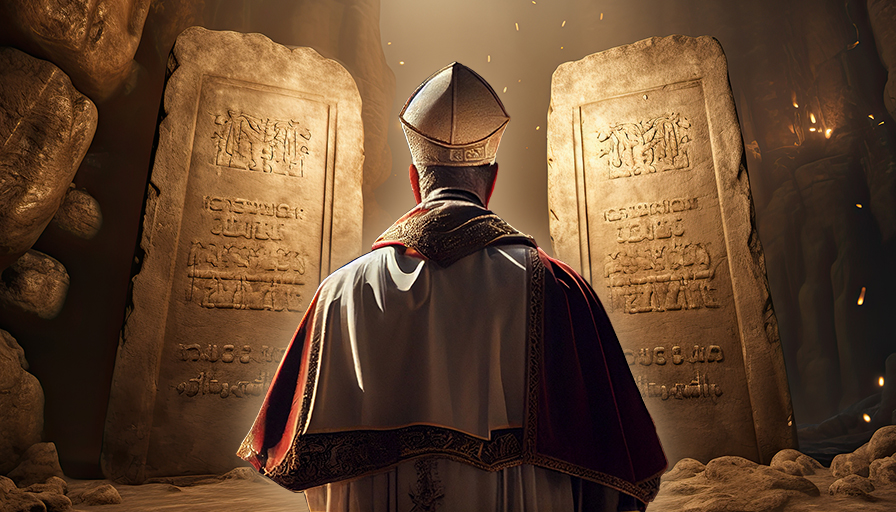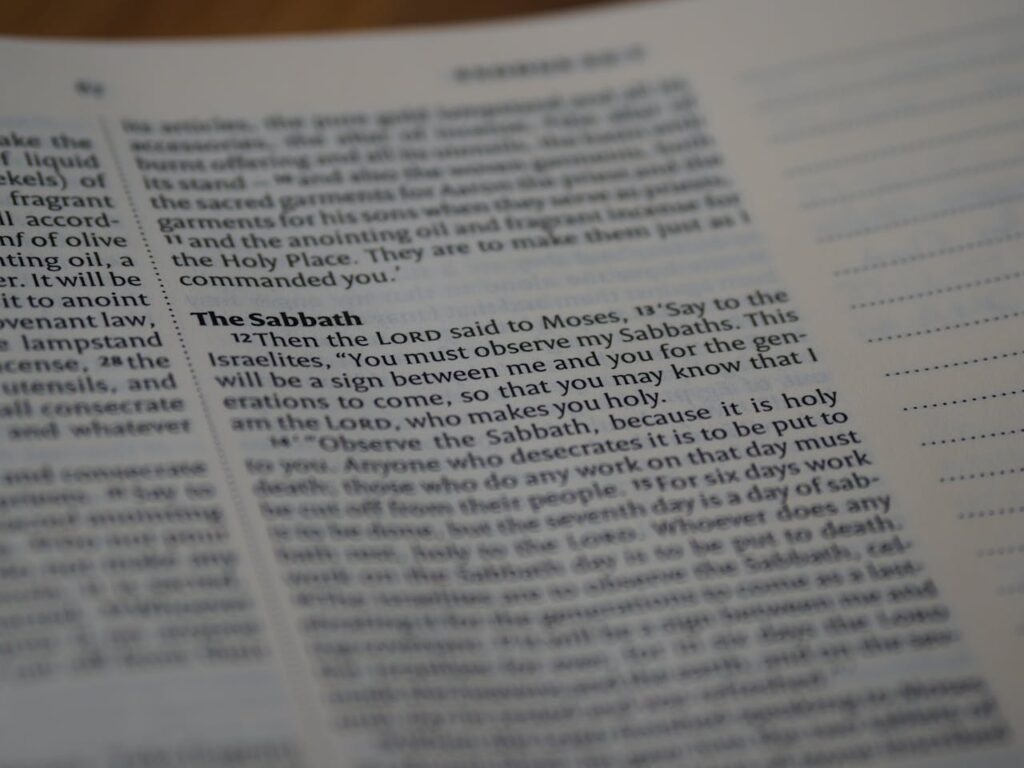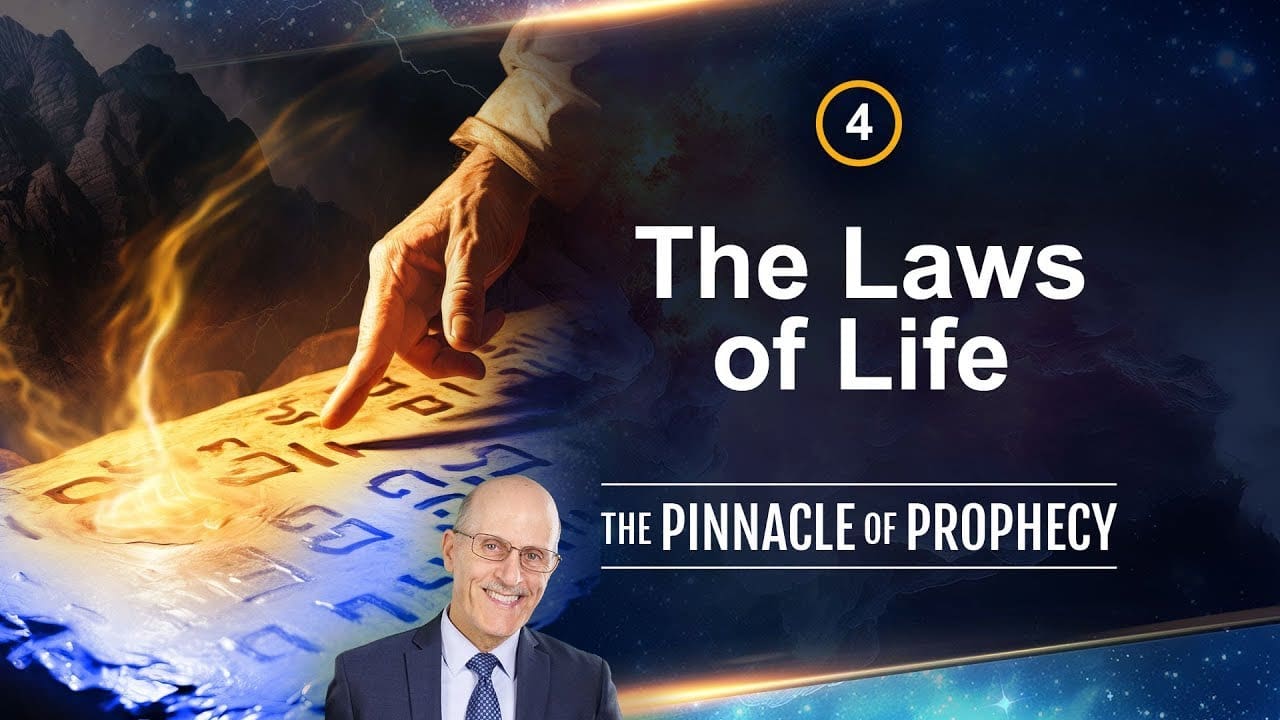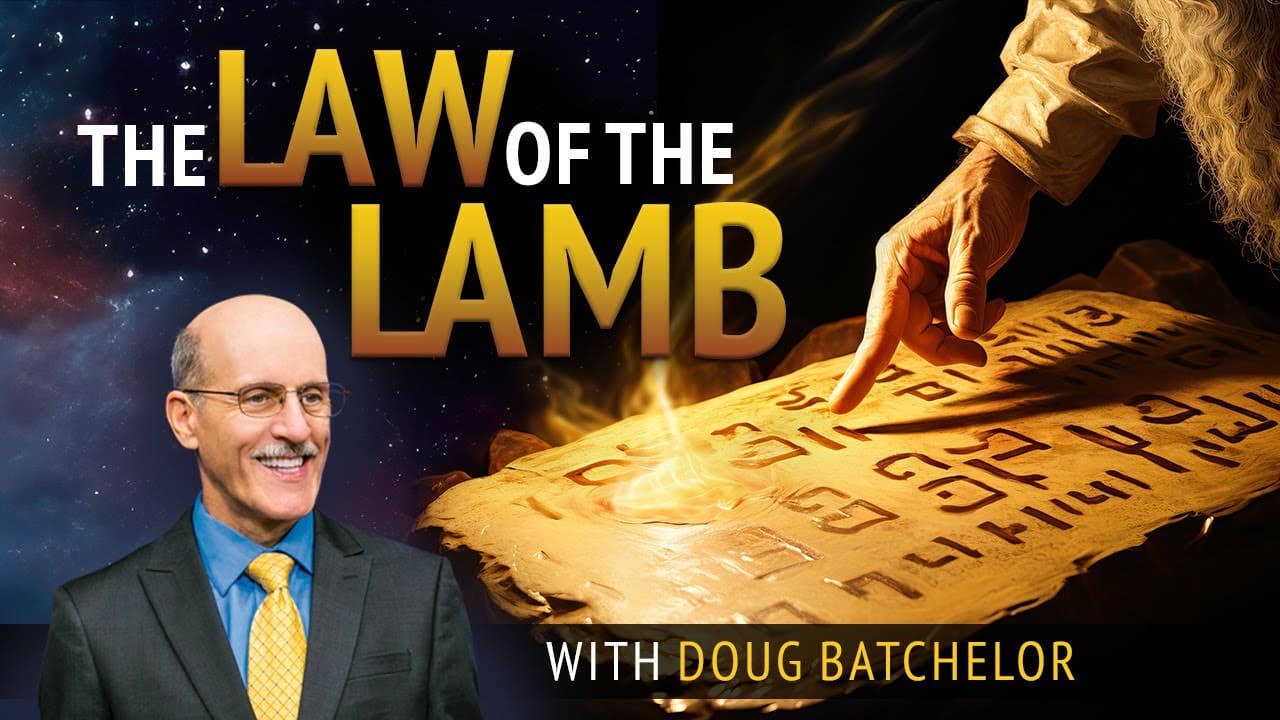In an article titled “Screen Sabbaths: A Modest Proposal for a Digital World” in The University News, Larisa Tuttle discusses the human quest for fulfillment and how it is often misguided. She quotes Father Thomas Dubay, who highlights the never-ending nature of our desires and the inadequacy of temporal goods to satisfy them. Tuttle points out the tendency to prioritize academic pursuits and achievements over rest and balance, especially among college students.
Tuttle suggests that keeping the Sabbath can provide a solution to this quest for fulfillment. She describes the Sabbath as a rehearsal for the eternal wedding feast and a foretaste of the rest we will experience in heaven. Tuttle emphasizes the importance of taking a break from digital devices and embracing a day of rest to be present with God and those around us.
While there is truth in Tuttle’s article, there are two significant problems related to the understanding of the Sabbath. First, Tuttle refers to the Sabbath as the third commandment, when it is the fourth commandment according to the Bible. The third commandment pertains to not taking the Lord’s name in vain. Second, Tuttle states that the Sabbath is observed on Sunday, whereas the biblical Sabbath is the seventh day of the week, which is Saturday.
These details are not just semantics but are significant to understanding the true meaning and observance of the Sabbath. God specifically set apart the seventh day as a day of rest, commemorating His creation of the world. The Sabbath is a memorial of God’s creative and recreative power, and it holds great importance in the biblical context.
Moreover, the prophecy in Daniel 7:25 warns of a power that will attempt to change God’s times and laws. Historical evidence shows that the Roman Catholic Church did indeed change the observance of the Sabbath from Saturday to Sunday. This alteration has profound consequences, as the Ten Commandments define God’s moral law and changing them alters the definition of sin.
Therefore, it is crucial to understand the significance of the Sabbath and ensure that we are adhering to the truth and not being misled. The Sabbath is a divine institution that provides rest, communion with God, and a reminder of His creative power. To learn more about the Sabbath and its importance, one can explore resources such as “Where’s the Evidence that the Sabbath Was Changed?” to gain a deeper understanding of this topic.
Article contributed by Clifford Goldstein.














